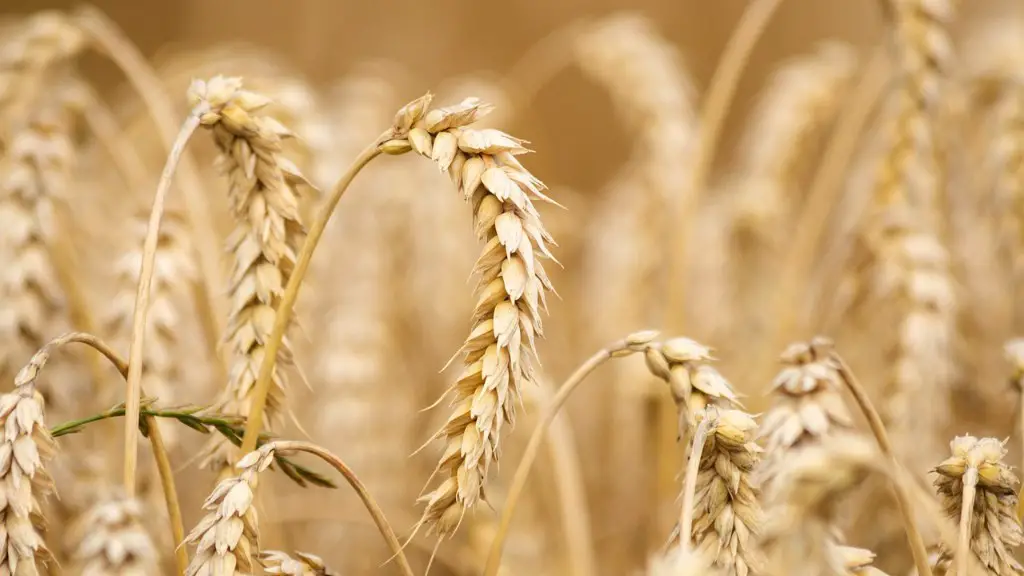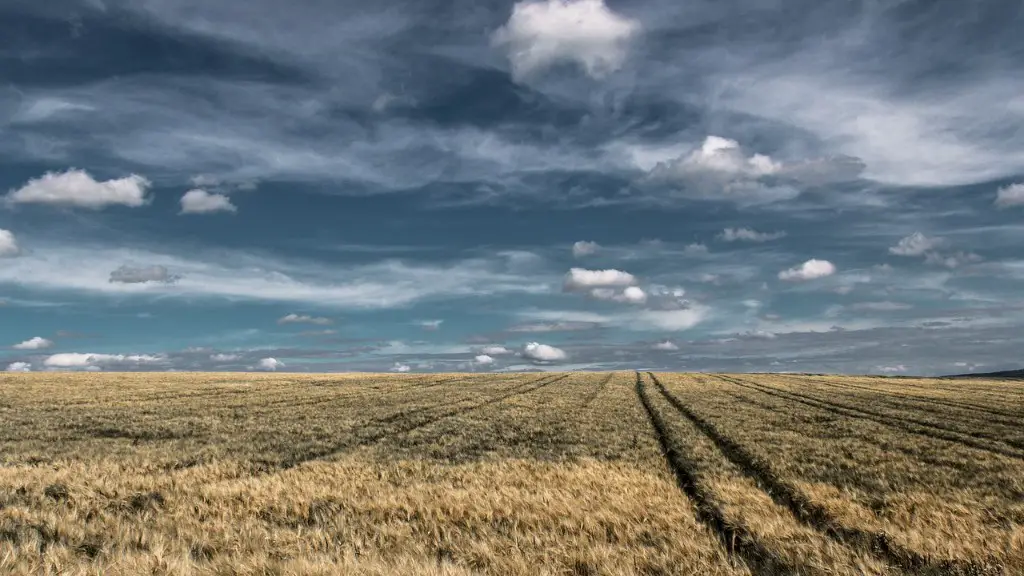Agriculture education is essential to keeping up with the rapidly changing world of farming, and there is a range of options that can accommodate a wide variety of circumstances and career aspirations. Typically, it takes 3 to 4 years to complete a bachelor’s degree in agriculture, although some schools allow for faster completion if you’re able to complete all the requirements. For those with additional time, many universities offer graduate degrees related to agricultural studies that can take up to 6 to 8 years to earn. Additionally, there are shorter programs available, including agricultural certifications, that can be completed in a matter of months.
Agricultural Sciences
Agricultural sciences are a broad area of study which include courses in botany, ecology, soils, genetics, agricultural business management, animal science, and nutrition. Students may focus on animal or plant sciences, or take a generalized approach to their studies. Depending on the type of educational program chosen, agriculture courses can encompass a wide range of topics such as pest management, landscape design and management, agricultural production and food safety, or even global climate change.
In addition to classroom instruction, many schools require field experience prior to graduation. Many students choose to do internships or hands-on work to gain experiential knowledge that may help them become successful in the industry upon graduation.
The U.S. Bureau of Labor Statistics estimates that the agricultural industry will continue to grow in the years ahead. A degree in an agricultural related field is a great foundation for a knowledgeable career in the agricultural industry.
Agricultural Certifications
Agricultural certifications give students certain credentials related to agricultural studies to help them out a competitive edge in the industry. Many agricultural certifications require coursework that can be completed at a college or university, or a combination of coursework and an internship. These courses usually focus on the operational and management aspects of an agricultural business, such as accounting, finance, crop production, and marketing.
Agricultural certifications can open up additional job opportunities in both professional and academic settings, as well as offer a way for students to gain specialized knowledge of the agriculture industry that could lead to higher wages in their present or future work.
By obtaining an agricultural certification, you demonstrate your commitment to excellence and knowledge about the industry, giving you a competitive edge that goes beyond the classroom.
Agricultural Continuing Education
Agricultural continuing education helps people stay informed on the most up-to-date developments in the industry. Contemporary farmers, ranchers, and other professionals need to know the most up-to-date innovations and techniques. By staying current with these changes, farmers, ranchers, and other professionals remain on the cutting edge of their jobs.
Continuing education is typically offered as seminars or workshops in various agricultural subjects, such as safety, natural resources management, soil science, and pest management. Additionally, there are many college certificate and degree programs that offer continuing education programs designed to meet the requirements of the changing agricultural industry.
By taking continuing education, agricultural practitioners can keep up with the latest problems and solutions and stay more informed about the industry overall.
Online Agricultural Education
Online Agricultural Education is being increasingly utilized as a way for students to gain knowledge and credentials in the field. With the rising demand for agricultural professionals, many colleges and universities are now offering online courses in a variety of agricultural topics.
These courses are ideal for those individuals looking to start a career in the agricultural industry, or those returning to the job market who would like a quick refresher on the latest industry trends. Many online courses also offer specialty certificates that focus on particular topics in the agricultural world, such as agronomy, agricultural business and marketing, or sustainable production systems.
Online educational opportunities also allow students to gain the knowledge and credentials needed from the comfort of their own home. With the growth of technology, many universities allow students to take classes simultaneously with those on the campus, making it convenient to stay up-to-date and complete their degree or certification without the hassle of commuting.
Hands-On Agricultural Experience
Hands-On Agricultural Experience, such as internships or work-study programs, offer a unique opportunity to gain insight into the agricultural industry. Through internships, students gain practical experience in areas such as animal husbandry, crops and soils, agribusiness, and farm management. This first-hand knowledge can be invaluable in helping to guide future research opportunities and teaching methods.
Intern positions typically offer a stipend, tuition reimbursement, and experience in a professional field relevant to agricultural sciences. Internships can also lead to more permanent employment opportunities, giving students a head start in the job market.
Other work-study programs offer a more informal type of learning, such as helping with farm research projects, fieldwork, and mentoring younger students. These positions can often lead to more permanent employment opportunities.
No matter which avenue of study you choose – collegiate level degrees, agricultural certifications, continuing education, or hands-on experience – Agricultural Education can be the key to a successful career in the agricultural industry.




